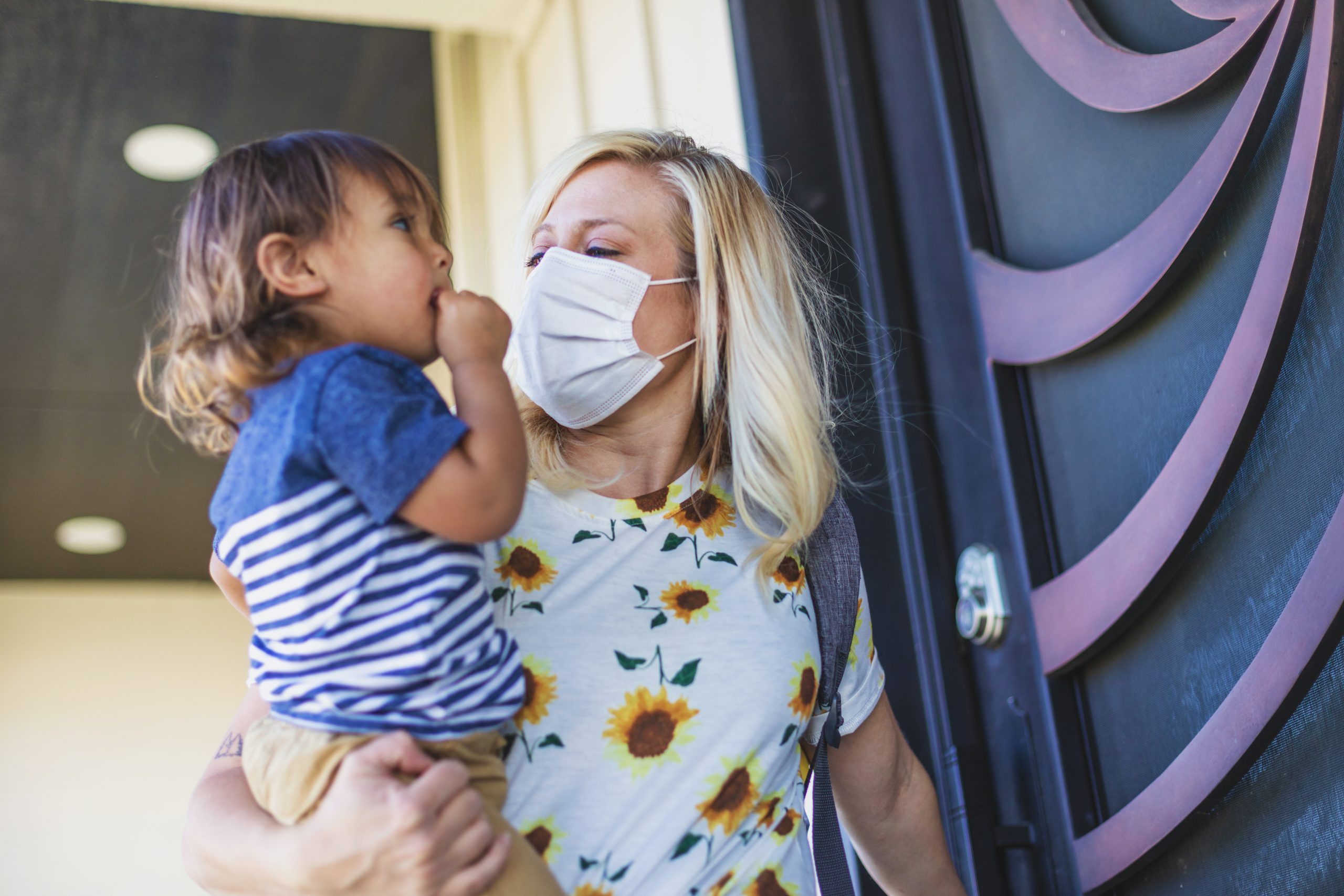Divorce and Co-Parenting in the Time of COVID-19
Tips for keeping it together during these stressful times.
March 24, 2020
What is happening now is completely unprecedented.
The coronavirus pandemic is playing out in ways none of us could have predicted, and the financial and emotional toll on many families is enormous.
- Many children will be home from school for weeks, if not months.
- People in many professions are working from home for the first time, or worse, losing work.
- Some worry the economy will not bounce back for some time.
- Some states and municipalities are under “stay at home” orders.
This is a recipe for anxiety and unrest. Even in the happiest of households, it is the perfect storm for stress.
So, imagine couples who have been intending to separate who are now unable to do that, and being forced to “shelter in place” with their soon-to-be ex-spouse.
Or, divorced couples having to work through custody issues related to the new at-home school schedule and differing interpretations of “social distancing.”
Add to that an additional layer that affects couples who are accustomed to working through these kinds of differences via the legal system: courthouses in some parts of the country are temporarily closed to the legal motions that could address these issues.
That means for now, the families have to work it out themselves, or with their attorneys acting as their advocates and providing a sense of reason.
I spoke with Gabrielle Hartley, attorney, mediator, creator of the Better Apart Method and the author of Better Apart: The Radically Positive Way to Separate, who is also a colleague, about what she would recommend as families embark on this incredible challenge of divorcing and co-parenting in the time of COVID-19:
“Walking away from endless, pointless argument cycles is always good advice, but today it’s more important than ever. Often, the spirit of collaboration is low during divorce. And today, you likely do not have access to courts to resolve any non- life-or-death emergency matter,” Ms. Hartley said. “The Better Apart Method can be a game changer in getting you through this extra difficult time. Focusing on patience, respect, peace, clarity, and forgiveness can go a long way toward making this challenging situation just a little bit easier.”
Despite widespread frustration and concern, this is the time to be even more mindful about keeping your children out of the fray of litigation and marital strife.
Here are a few tips to do just that:
- Be steady. As temperatures may literally rise and the coronavirus means closer quarters or even quarantines, it is critical to keep calm in the household.
- Be a better co-parent. Make sure to continue to foster a relationship between the children and their other parent. Watch your tone as you address your ex-spouse and do your best to rise above any provocations, placing your children first and foremost.
- Be transparent about where you and your child are staying, particularly as people are quarantined or self-isolating. That means not traveling, whether by car or plane, without notifying the other parent.
- Be communicative. That may mean communicating more than you usually do about your children, their medical and emotional health and their homeschooling. The goal is to make sure to involve the other parent.
- Be aware that court orders are still in effect and be sure to abide by the court orders as to access, phone and FaceTime and other forms of access.
- Be flexible. The new school schedule and the medical situation may call for change. Reasonableness should prevail. If in doubt, the safeguard is to determine what is in your child’s best interest.
And, if you are feeling overwhelmed:
Remember there are many resources available to help you. In addition to working with an attorney, it may also be helpful to speak with a mental health professional who specializes in these issues. During this time, many mental health providers are working virtually.
As I always say, it is most important to make the safety and mental health of yourself and your children a priority during this incredibly stressful time.
Stay safe and healthy!
This is not meant to serve as legal or mental health advice, as each situation is unique. Please seek out a local attorney and or mental health professional for advice specific to your situation.
Originally published March 24, 2020 in Psychology Today.

